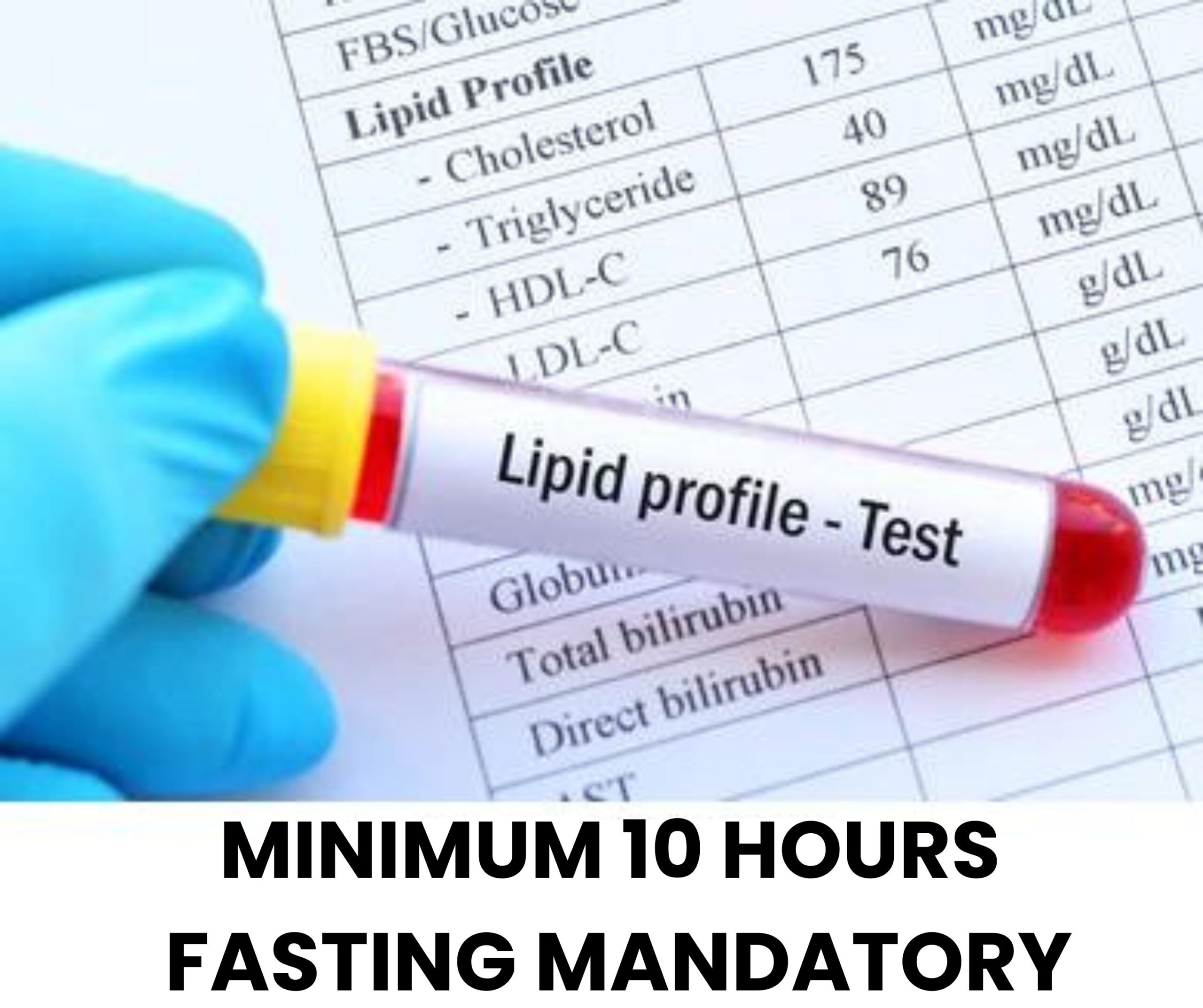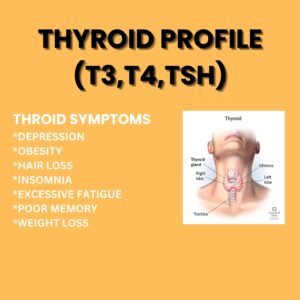A lipid profile is a blood test that measures the levels of various fats and cholesterol in your bloodstream. It provides key information about your risk of developing cardiovascular diseases such as heart disease, stroke, and atherosclerosis (hardening of the arteries). The test typically includes:
- Total Cholesterol: The overall amount of cholesterol in your blood.
- Low-Density Lipoprotein (LDL) Cholesterol: Often referred to as “bad” cholesterol, high levels of LDL can lead to plaque buildup in your arteries.
- High-Density Lipoprotein (HDL) Cholesterol: Known as “good” cholesterol, HDL helps remove excess cholesterol from the bloodstream, lowering your risk of heart disease.
- Triglycerides: A type of fat in the blood, high levels of which can increase your risk of heart disease.
- Very Low-Density Lipoprotein (VLDL): A type of lipoprotein that also carries triglycerides, though it is often calculated rather than directly measured.
The test is usually ordered as part of routine health screenings or when assessing the risk of cardiovascular conditions. Fasting for 9-12 hours before the test is often required to get accurate results. Based on the lipid profile, healthcare providers can recommend lifestyle changes, medications, or other interventions to help manage cholesterol and protect heart health.



Reviews
There are no reviews yet.